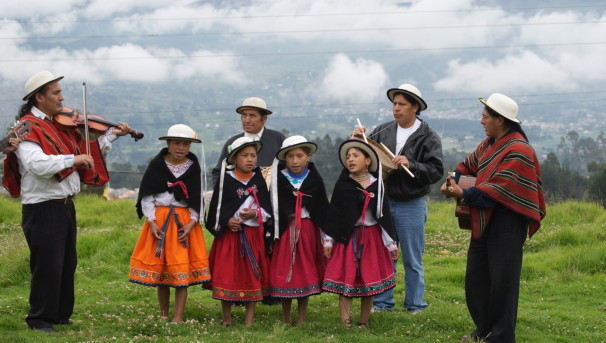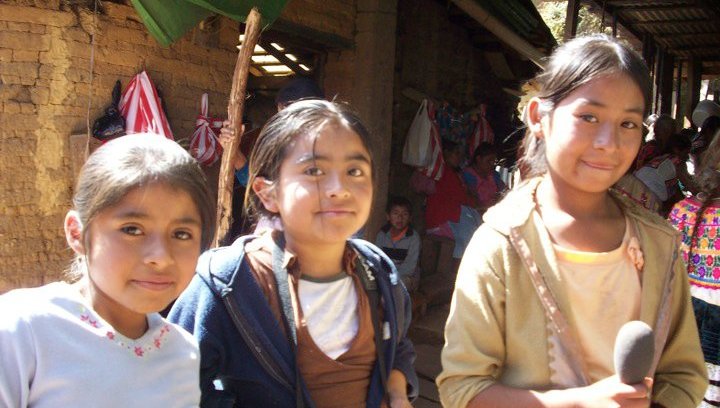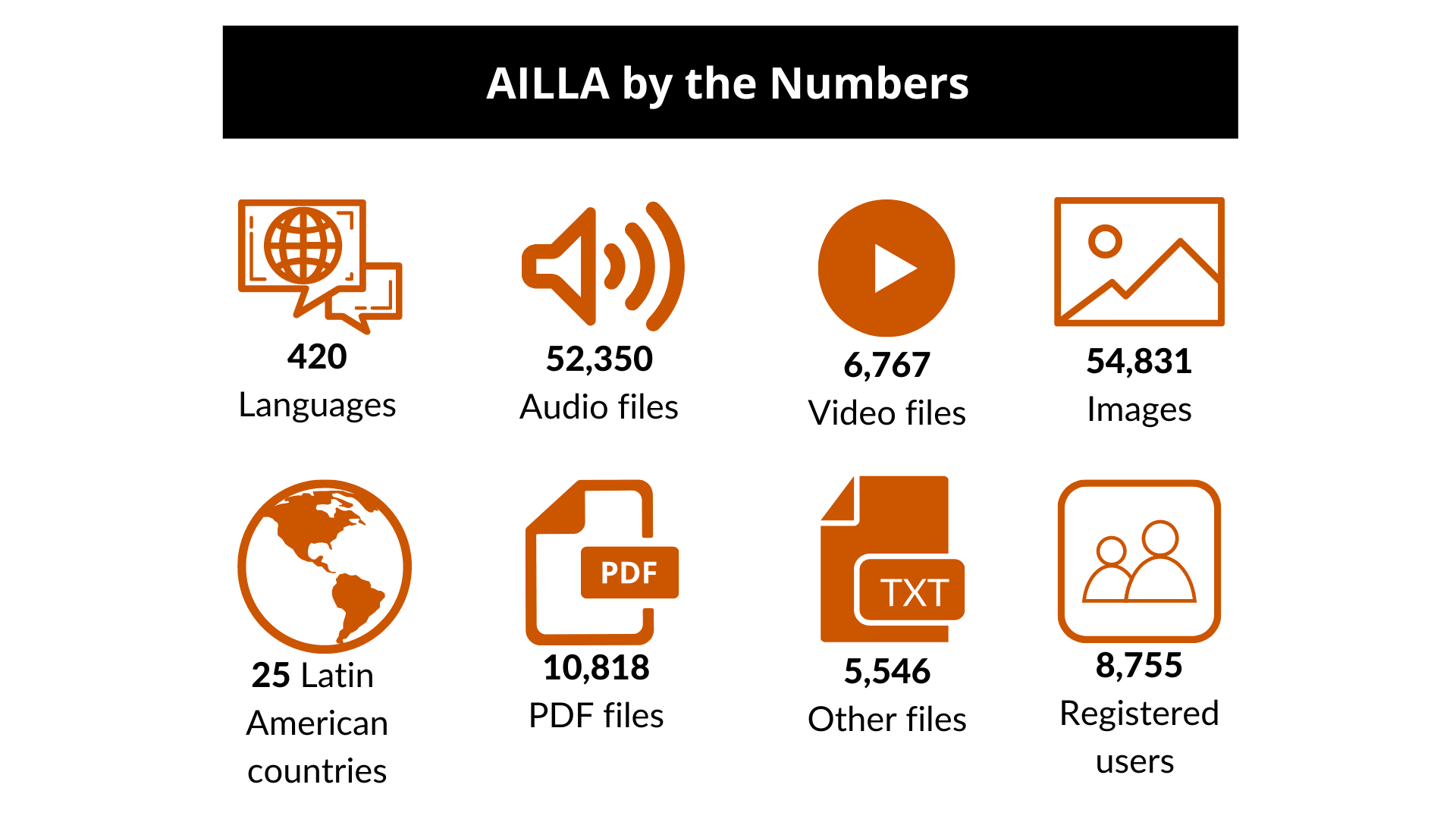This project is now in update mode. Check back regularly to see how things are progressing.
AILLA — Safeguarding Indigenous Linguistic Cultural Heritage
We are thrilled with the response to this HornRaiser! We hope you'll donate TODAY to help us exceed our wildest expectations!
"IT IS OUR DREAM to continue AILLA's mission of archiving and
preserving Latin America's Indigenous languages now and in the future.
In this time of shifting priorities, this goal is not guaranteed."
GIVE TODAY! Every gift, no matter how large or small, is an investment
in preserving the linguistic history of humanity.
There are 560 languages spoken in Latin America. Some of them have recently lost their last living speakers. What does the world lose when that happens?
The Archive of the Indigenous Languages of Latin America (AILLA) is hoping to raise $15,000, to be placed in the Archive of the Indigenous Languages Endowment, which will support the archive's work to preserve Indigenous languages and linguistic cultural heritage for future generations.
Every language is like a cosmos, containing vocabulary, stories, songs, spiritual beliefs, ceremonies, games, jokes, food ways, and patterns of thought which form a worldview that is unique in the history of humanity. There are some 560 different languages spoken in Latin America (World Bank 2015). Most of them are spoken by Indigenous Peoples. Some, like the Mayan languages K'iche' (Guatemala) and Yucatec Maya (Mexico), have speakers numbering in the hundreds of thousands. On the other hand, Guató (Brazil) and Kawésqar (Chile) each have fewer than 10 living speakers.
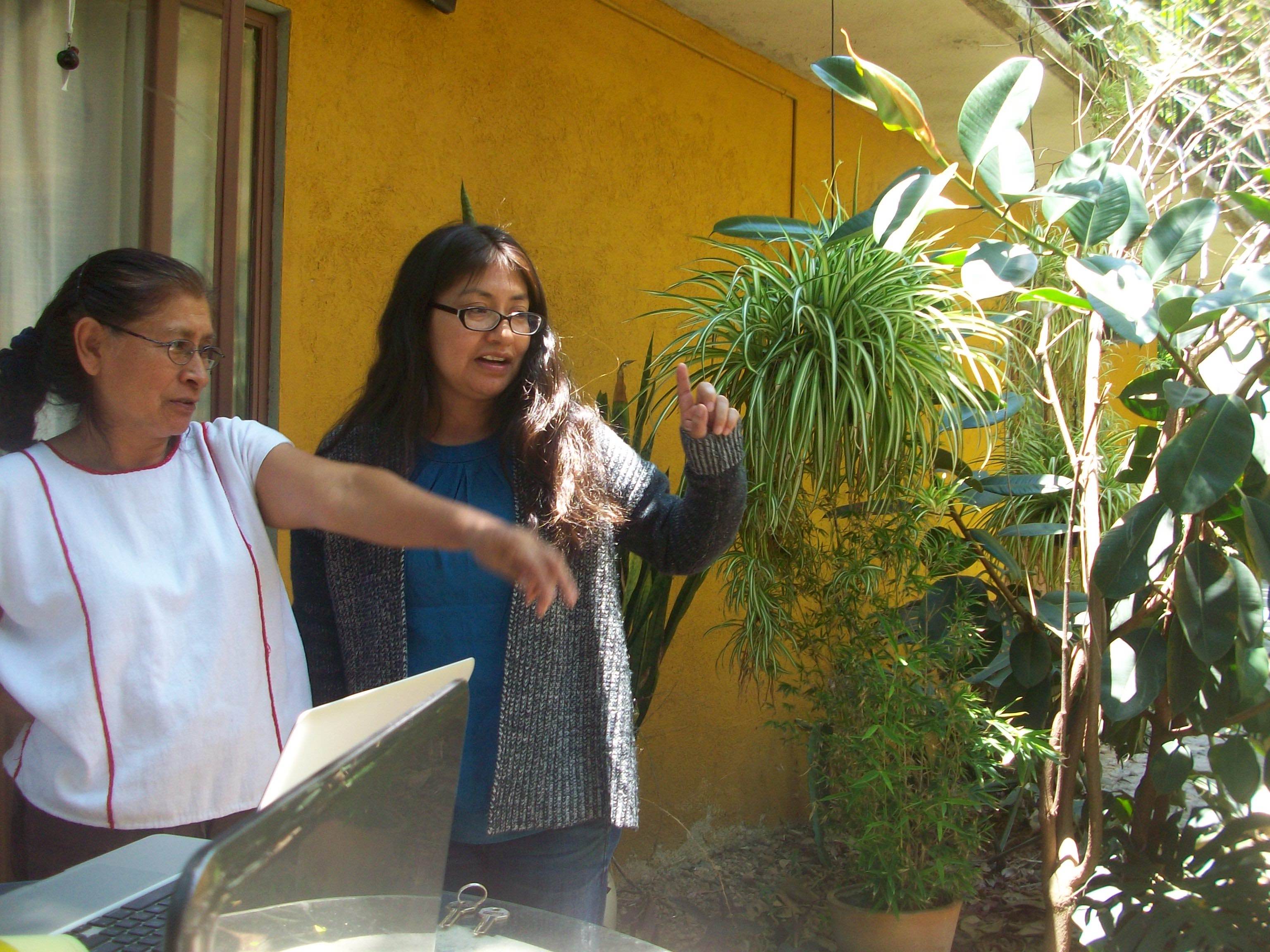 Mother and daughter Isabel Cruz Baltazar (left) and Emiliana Cruz Cruz discuss nuances of demonstratives (words like "this" and "that") in the Quiahije Chatino language, Oaxaca, Mexico, 2012. Photo: Ryan Sullivant.
Mother and daughter Isabel Cruz Baltazar (left) and Emiliana Cruz Cruz discuss nuances of demonstratives (words like "this" and "that") in the Quiahije Chatino language, Oaxaca, Mexico, 2012. Photo: Ryan Sullivant. Founded in 2000 by Joel Sherzer, Anthony C. Woodbury, and Mark McFarland, the Archive of the Indigenous Languages of Latin America (AILLA) at The University of Texas at Austin collaborates with speakers and researchers of Latin American Indigenous languages with the mission of preserving this linguistic cultural heritage for future generations. AILLA is a digital repository for multimedia materials in 420 Indigenous languages (so far). AILLA’s home is at the Benson Latin American Collection, and the archive is a joint project with the Teresa Lozano Long Institute of Latin American Studies, University of Texas Libraries, and the Department of Linguistics.
AILLA assists communities and researchers in archiving linguistic cultural heritage materials through:
- Collaboration with Indigenous communities to archive their linguistic cultural heritage.
- Digitization of fragile analog materials in Indigenous languages so that they can be added to the archive.
- Hiring student interns who create training materials, translate those materials into Spanish and Portuguese, and assist in digitizing and adding materials and metadata to the archive.
To learn more about the exciting work we are doing, please visit us at www.ailla.utexas.org
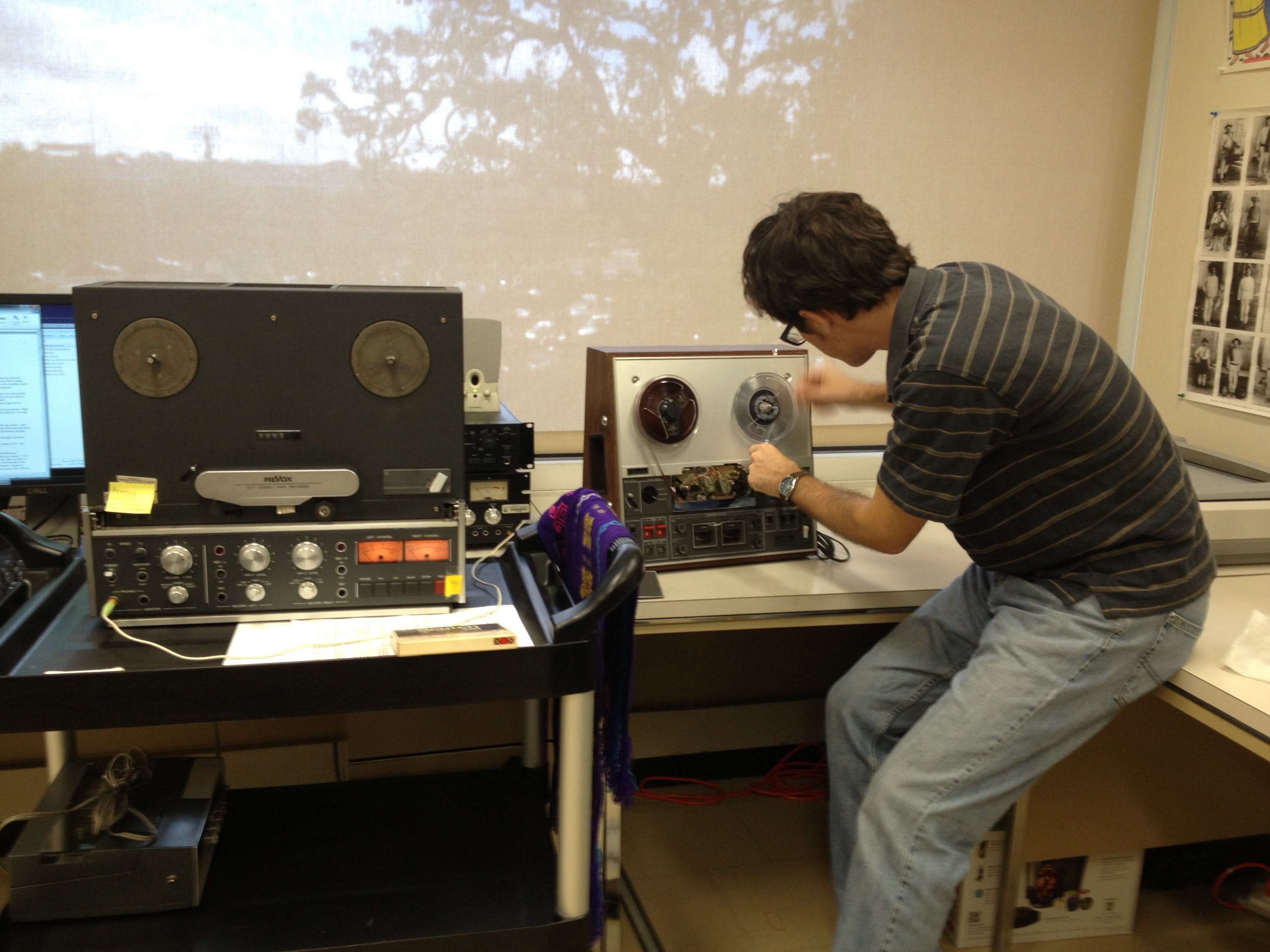 Ryan Sullivant threads open-reel tape into an open-reel audio player/recorder at AILLA. Austin, Texas, 2012.
Ryan Sullivant threads open-reel tape into an open-reel audio player/recorder at AILLA. Austin, Texas, 2012.Image credits (carousel): Cañari students and teachers performing, Ñukanchik Kawsay, Cañar, Ecuador, 2009, by Judy Blankenship; Cañari couple celebrating Pawkar Raymi (Carnival), Quilloac, Cañar, Ecuador, 2006, by Judy Blankenship; girls at a celebration in San Juan Quiahije, Oaxaca, Mexico, 2008, by Hilaria Cruz.
$50
Video Wizard
Video fact: AILLA preserves Hi-8, DV, and MiniDV video tapes by digitizing them. Most video tapes recorded in the 20th century are nearing their end of life.
$100
$100 for the Centennial
The Benson Latin American Collection, AILLA's home, turns 100 this year. This giving level honors the centennial!
$211
Data Contributors
The number of people and organizations that have put language materials in AILLA. Help us to fund more deposits from Indigenous organizations all over Latin America!
$420
Languages Represented
There are 420 different Indigenous languages in AILLA. Contribute $1 for each language!
$2,500
Hard at Work
Working at AILLA allows students to learn more about Indigenous languages, including the languages of their own parents and grandparents.

